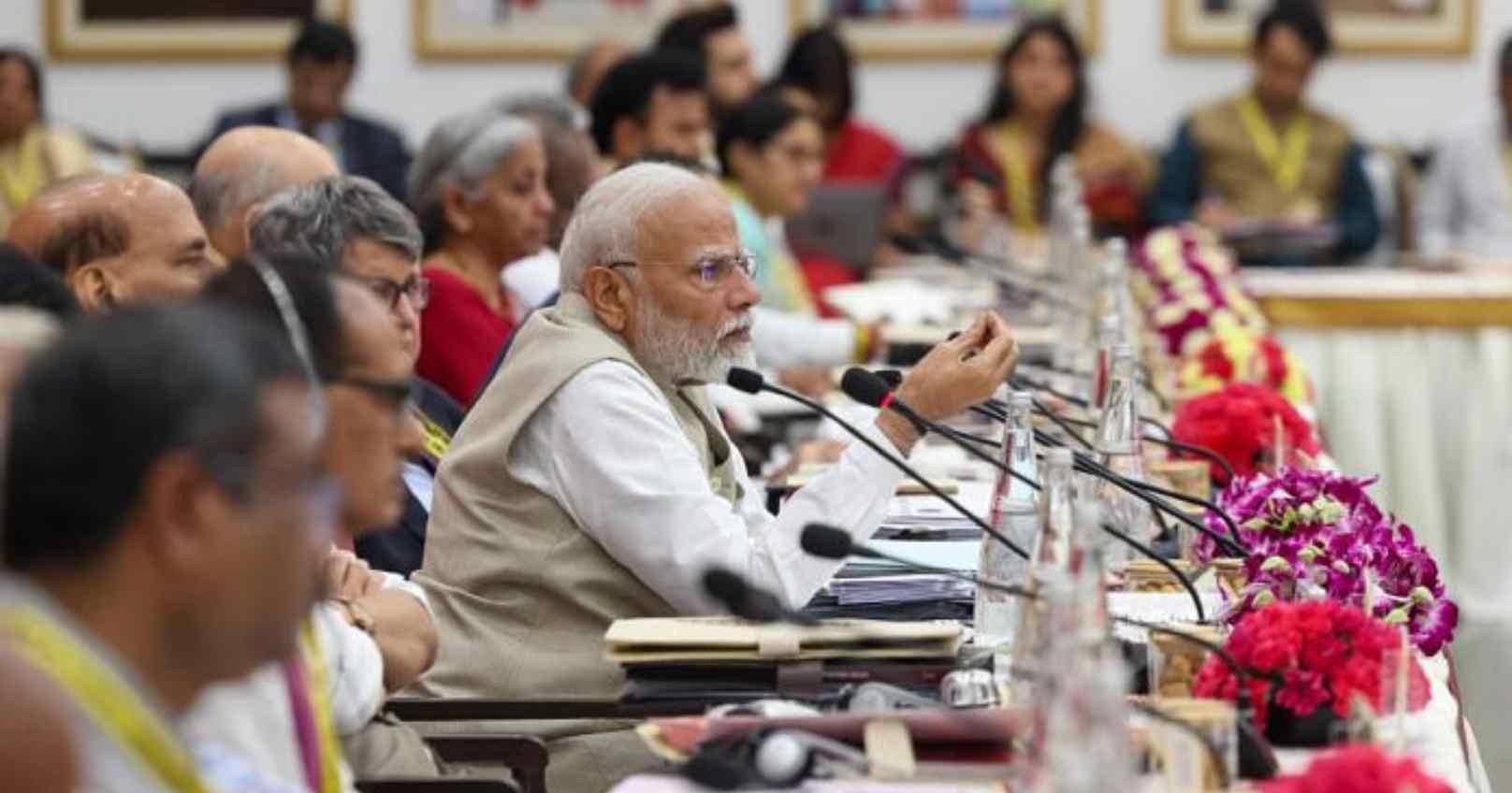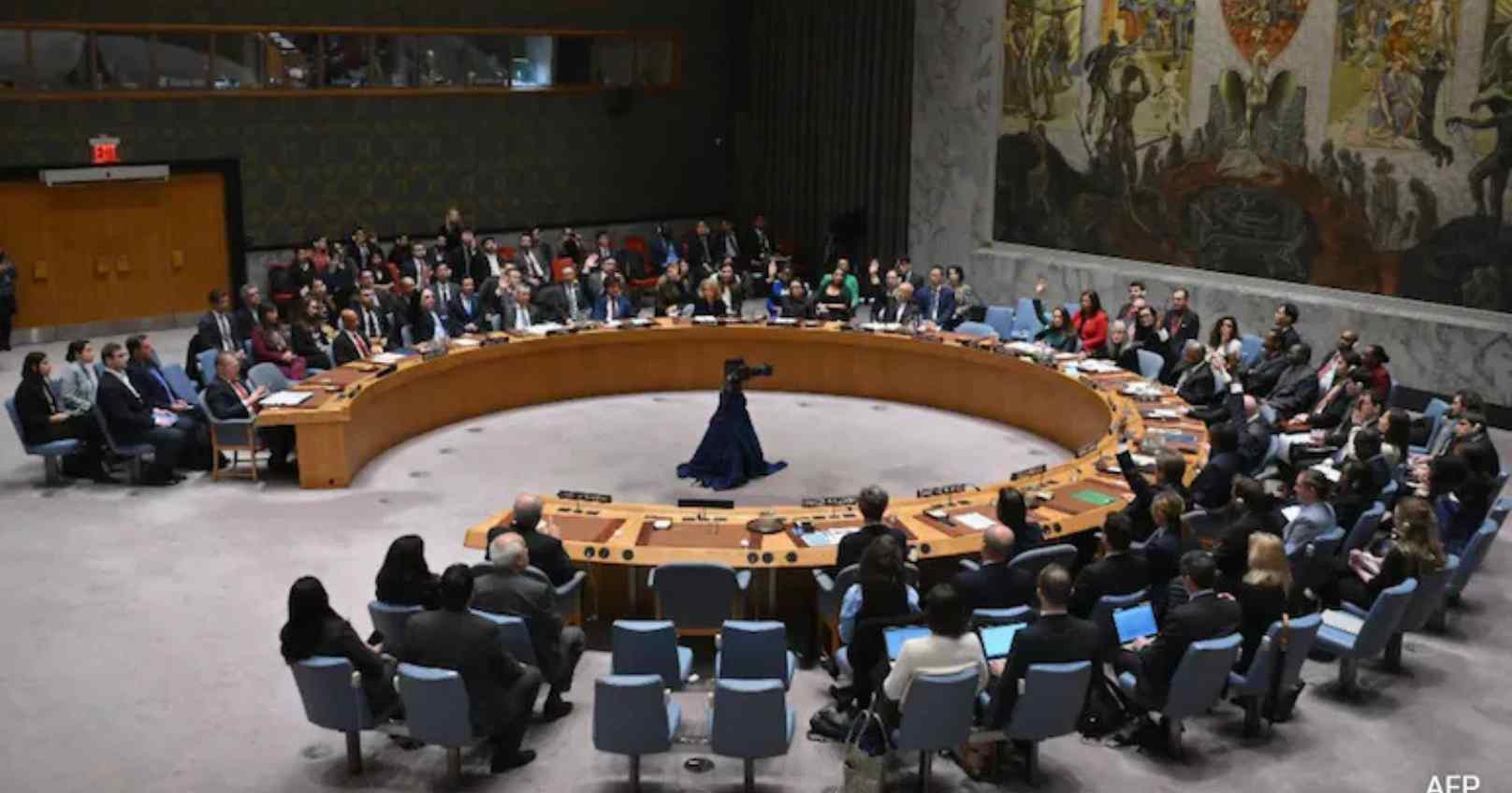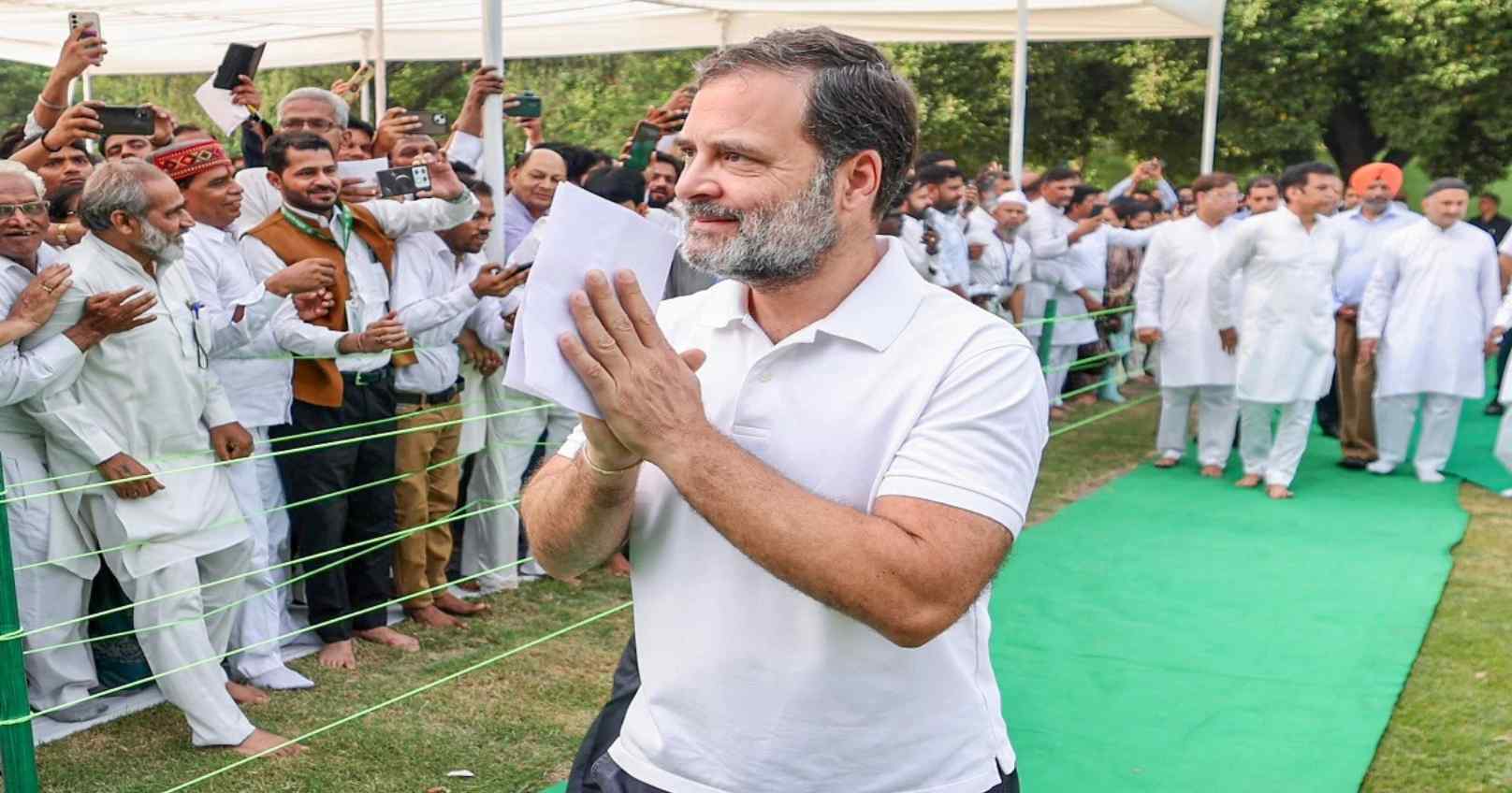Yunus Warns of People's Action as Pressure Mounts for December Elections in Bangladesh
Interim leader Muhammad Yunus cautions that public-backed action may follow if mounting demands compromise governance and reform
24-05-2025Muhammad Yunus, head of Bangladesh’s interim government, issued a pointed caution on Saturday, signaling that if undue pressure continues to be exerted on his administration through what he called "unreasonable demands," his government may resort to action endorsed by the public. This statement followed growing calls for national elections by December from both the Bangladesh Nationalist Party (BNP) and the country’s army chief.
Dhaka, the capital, has been at the center of intense political unrest over the past nine months, with continuous protests and a major popular uprising that forced former Prime Minister Sheikh Hasina into exile in August 2024.
A statement from Yunus’s office made it clear: “Should any interference undermine the government's independence, its reform agenda, the integrity of judicial processes, or the ability to conduct fair elections, the administration will consult the people and act accordingly.”
Sources suggest that Yunus’s supporters are prepared to counter any threats—on the streets if necessary—to preserve the interim authority.
Since the dramatic fall of the Hasina regime, Bangladesh’s political landscape has largely been shaped by mass mobilisations, rather than parliamentary dialogue. From banning the Awami League to halting women’s rights reforms, major shifts have been driven by protest movements and religious groups.
The interim administration, backed by student-led National Citizens Party (NCP) and Islamist factions, has embraced the street power model. Even the BNP has been using mass rallies to flex its political muscle.
Referring to external pressures and opposition attempts to derail the interim government, the Yunus administration warned that if such interference continues to make governance unworkable, it will present its case to the people and act decisively.
The interim regime initially garnered widespread public support, buoyed by hopes of reform and a break from an era associated with corruption and political repression. But recent setbacks—including a slowing economy and deteriorating law and order—have tempered that early optimism.
Yunus Stays, Denies Resignation Rumors
The announcement of potential public-backed action followed an unplanned meeting of the Advisory Council, triggered by speculation that Yunus might step down. The council later confirmed that Yunus would continue as chief adviser. The clarification came after Nahid Islam, a student leader associated with the July movement, had hinted that Yunus was contemplating resignation.
Yunus’s brief consideration of resignation reportedly came in response to pressure from the BNP and a firm statement from Army chief General Waker-Uz-Zaman, who insisted that elections must take place by December.
Yunus and his unelected team assumed control after mass anti-quota protests morphed into a full-fledged anti-government movement, ousting Sheikh Hasina from power.
Mounting Demands for December Polls
BNP’s Mirza Fakhrul Islam Alamgir recently accused the government of plotting to postpone elections, alleging a “well-planned conspiracy” to disenfranchise voters. He evoked public memories of past electoral manipulation, including the 2006 military-backed caretaker regime.
Although Yunus’s government continues to claim that elections are a priority, Environment Adviser Syeda Rizwana Hasan caused a stir on Friday by stating that the administration had other pressing concerns and that elections might not happen before June 2026. Yunus has echoed similar views in the past.
This timeline is unacceptable to the BNP, which believes it stands a strong chance of returning to power through democratic polls. The army chief has also upped the ante, asserting that only an elected government has the legitimate authority to shape Bangladesh’s future.
Saturday’s council meeting reportedly discussed the rising strain caused by what it described as baseless demands and inflammatory rhetoric that is obstructing governance and spreading confusion about the government's mandate.
Though reluctant to commit to a December election, the interim administration is clearly contemplating mobilizing public support to resist mounting political pressure and reaffirm its hold on power.


At the Niti Aayog Governing Council meeting, Prime Minister Modi’s call for unity met with strong
Read More
India has firmly defended its decision to suspend the Indus Waters Treaty, accusing Pakistan of spre
Read More
Rahul Gandhi’s unscheduled interaction with students at Delhi University has triggered a sharp res
Read More